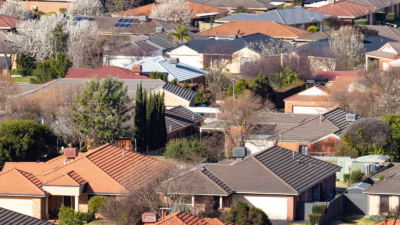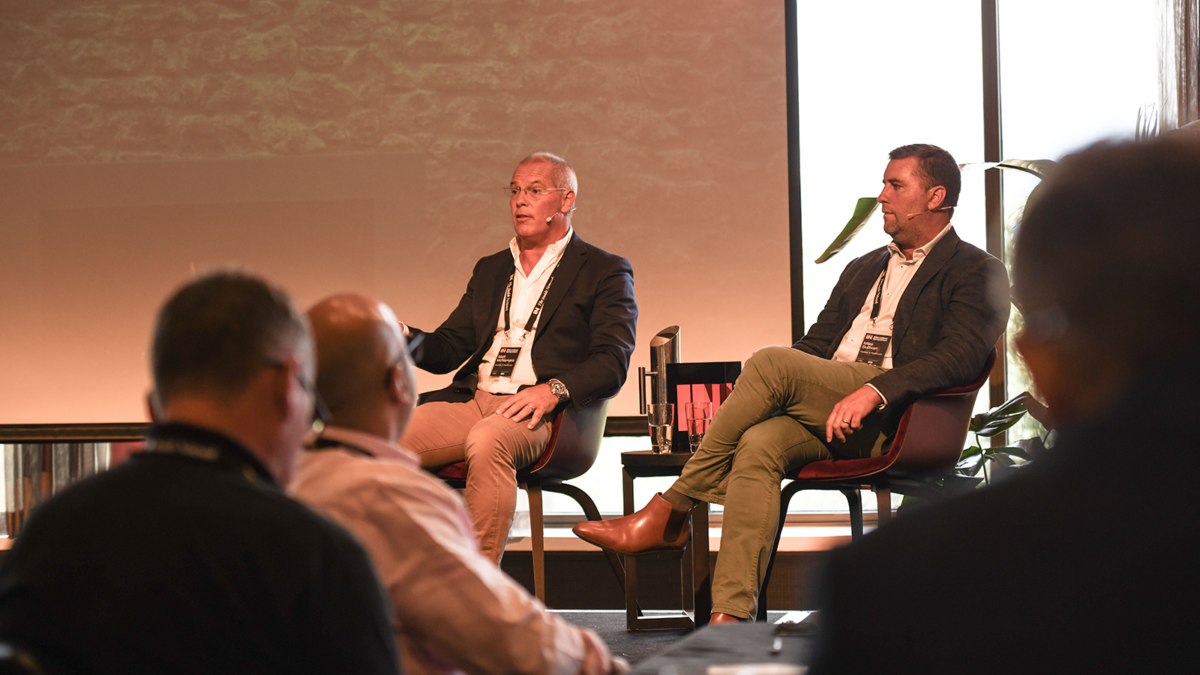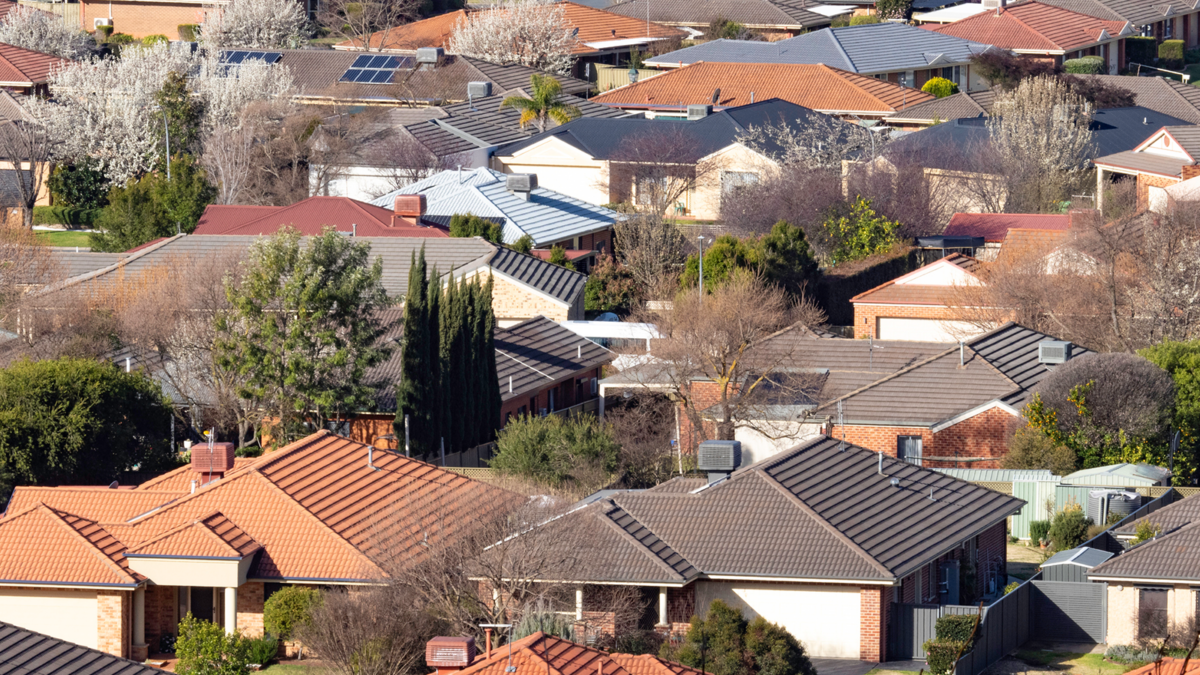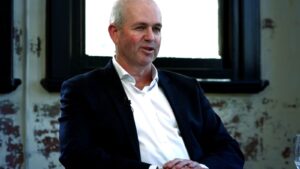Don’t believe the inflation hype
From the outset, it is important to highlight that I do not disagree that interest rates should be higher than the current ’emergency’ settings by the Reserve Bank of Australia. Rather, in my view, much of the data suggests that interest rate hikes will do little to solve the inflation challenge facing not just Australia but every country around the world.
Unless you were living under a rock this week, or undergoing a digital detox, you will no doubt be aware that Australian inflation has ‘surged’ to a multi-decade year high in the March quarter. Australia has joined the rest of the world in facing the supply chain and inflationary challenges coming out of the pandemic.
Naturally, the headlines highlighted forecasts of impending rate hikes, the independence of the Reserve Bank or why they may be ‘behind the curve’. Yet the obsession with inflation, combined with the short-term nature of investing these days has seemingly created a self-fulfilling prophecy.
Yet, something doesn’t quite feel right about this inflation ‘hype’, in which case it is important to look at the hard data. A closer look at the Australian Bureau of Statistics data shows there were four key sources of the 5.1 per cent inflation print for the 12 months to March 2022:
- Transport (including fuel costs) which increased 13.7 per cent
- Housing (including rent) which increased 6.7 per cent
- Education which increased 4.7 per cent; and
- Furnishings which increased 4.9 per cent
Commentators constantly refer to the RBA’s ‘targeted’ inflation rate being 2 to 3 per cent, however, they generally exclude the full definition which is to ‘achieve an inflation rate of 2 to 3 per cent, on average, over time’. The most important part being ‘over time’ which from my perspective clearly refers to the ‘long-term’. This, of course, is an important distinction when it comes to policy decisions that impact nearly every person in the country.
Whilst there is no doubt that short-term inflation has surged, long-term inflation is significantly lower. For instance, over the last five and ten years, the average rate is 2.4 per cent, with the less volatile Trimmed Mean even lower than that. Therefore, long-term inflation has only just moved into the ‘target range’ of the RBA, but not beyond it.
Obviously, the biggest question is whether the current bout of inflation will result in a continued rise in prices over an extended period of time, or is just a once off, as this is central to the policy response required. Looking more closely as this quarter’s ‘shocking data’ and a simple case can be made explaining the jump.
In the case of transport, which was among the biggest contributors, the skyrocketing price of fuel was clearly the major contributor and something that is more than likely to resolve itself over time, at least pending an end to the war in Ukraine. Housing comes next and is quite naturally the lightning rod of most discussions, with concerns that rental prices have been spiralling out of control around the country. Yet many well-known experts and economists have actually highlighted what the biggest problem is with property and housing costs in Australia, a lack of supply and poor planning. Once combined with a global shortage of building products due to the impact of lockdowns and close borders, and this too may resolve itself over time.
Education, which was in fact the biggest contributor this quarter was neatly explained by ABS in its release. Tertiary education costs were a key contributor as the Job Ready support program rolled over under which existing students had their fees ‘grandfathered’ or guaranteed they would not increase until they graduated. As more people graduated, the grandfathering ended, and fees rose.
It was a similar story in secondary school fees, with the new school year triggering increases that in some cases are two to three years in the making. That is, many schools refused to raise fees when children were forced onto Zoom but have sought to recoup this in a single year in 2022. Childcare also saw the end of free childcare in Victoria in 2021, meaning the basis of the inflation data was understated.
This may well be an oversimplification of the current situation, but it certainly warrants consideration. To many, the current inflation issues are clearly supply chain or supply side driven, with questions around what increasing the cost of capital or mortgage payments will do to resolve these issues, in the short-term at least. That is not to say I don’t believe rates should be higher, rather it seems that they may not solve the problem as efficiently as many believe.











